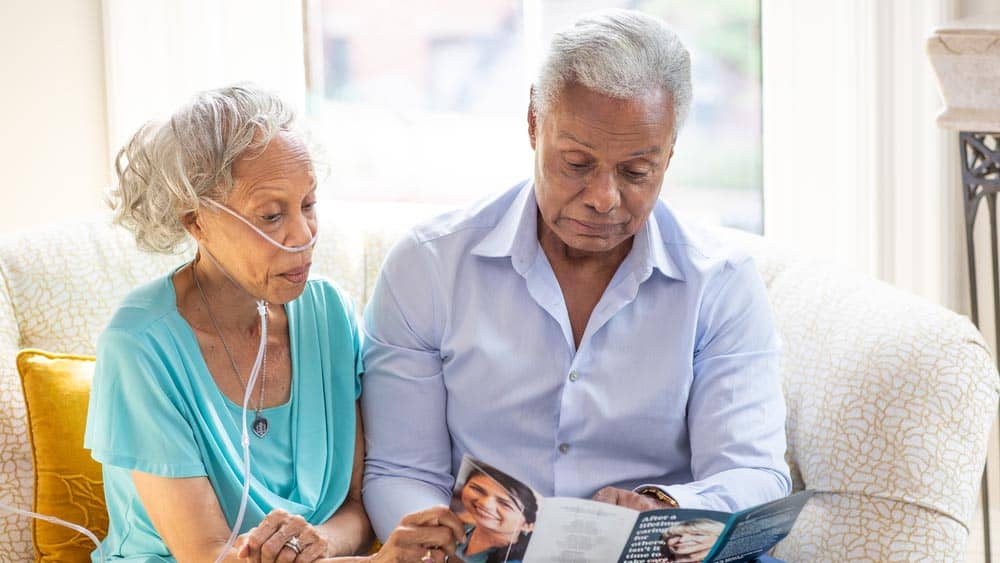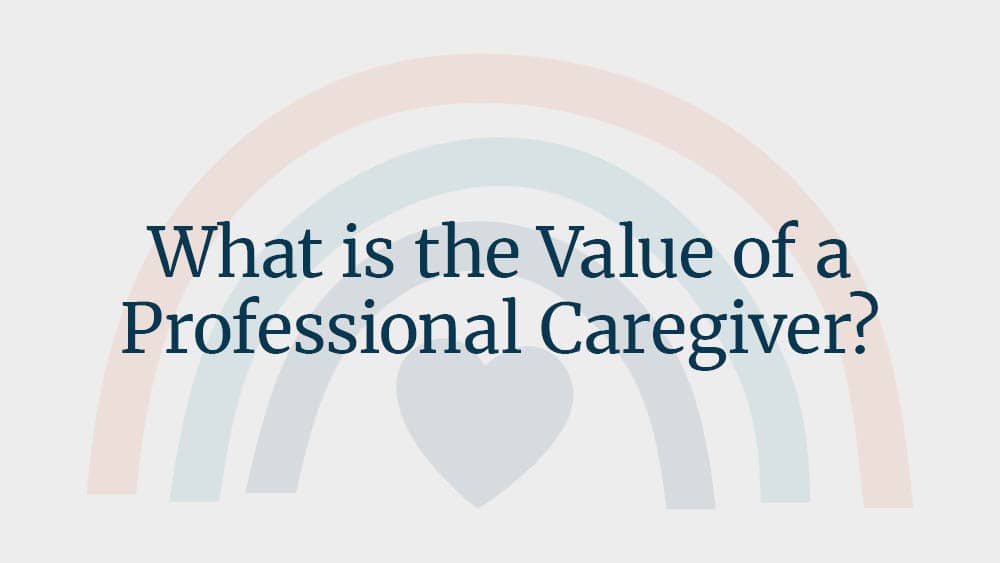

Elderly Parent Refusing Help? Helpful Tips for Families
There may be times throughout the year when a family wonders if an older relative needs help to stay safe at home. Maybe a visit revealed that a mother’s formerly immaculate home is dusty and cluttered. She’s not showering very often, and she’s wearing the same clothes day after day. She doesn’t get out much, and on multiple occasions, she has left the stove on all night.
Or maybe a father insists on driving, even though he’s had several fender benders. He forgets to take his medications, and he missed his latest doctor appointment. The family notices a pile of unopened mail on the table—and some of those envelopes contain overdue bills.
These are scenarios faced by millions of families each year. An older loved one’s condition can change gradually, or it can change suddenly due to a fall injury, a heart attack, or a stroke. Many times, an adult child steps in to help. This can be a workable arrangement at first, but as time goes on, it can become overwhelming as care needs increase. Or, maybe there are no family members close enough to be there on a regular basis. One solution would be to bring in in-home care to help. But what if the elderly parent refuses help? What does the family do then?
If this describes your family, it’s time to step up the conversation about care support. Most older adults want to stay in their own homes, and professional in-home care can be a good solution for them to do so. Professional caregivers provide homemaking assistance, companionship, transportation, and personal hygiene care.
These can be sensitive, emotionally fraught conversations. But you can help. Geriatric psychologists say it’s important to empathize with your loved one.
Download the RightConversations® Guide by Right at Home to help your family develop a communication plan that ensures a positive experience for your aging loved one while limiting your stress.
Here are seven reasons your elderly parent may refuse help and how you can put their mind at ease.
1. “I prefer to receive care from family.”
Most likely, you—or your parent’s spouse or another family member—have been providing informal care. When this has been the status quo, it’s understandable that your loved one would resist change and refuse help. Talk to them about the effect the growing task list is having on you and other family members. Most parents want what’s best for their children. If your loved one hears how their situation is affecting your life, it might motivate them to accept professional help.
2. “I don’t want to spend the money.”
Gerontologist Dr. Suzanne Salamon of Harvard Medical School explains that people who have saved for years may resist spending money on care by refusing help. “But if you have the money available, a social worker would say, ‘the rainy day is here,’” says Dr. Salamon. Encourage your loved one to consult with a financial planner to understand their financial situation and learn about veterans’ benefits, long-term care insurance, home equity loans, a reverse mortgage, or life insurance benefits.
3. “I want to leave an inheritance.”
There’s a cliché we often see: a baby boomer with a “We’re spending our children’s inheritance” bumper sticker on their RV. But in fact, many older adults hope to leave something to their children, whether that is money, the house, or other items of value. However, most adult children place a higher priority on their parents’ well-being. If expressing that doesn’t work, remind your loved one that your own career and income might be affected by the care tasks you’re currently providing because they are refusing outside help.
4. “I don’t want a stranger in my house.”
Most people value their privacy. However, remind your loved one that they’ve undoubtedly had people in their home before to make their lives easier, such as housecleaners and home maintenance personnel. Professional in-home care is just that—professional. Be sure to hire through an agency that provides background checks and screening and holds its caregivers to standards of confidentiality and privacy. Download Right at Home’s FREE “12 Questions To Ask When Choosing an In-Home Care Provider” flyer.
5. “I want to keep my independence.”
It’s emotionally distressing when health challenges limit us in keeping up with household tasks, safely bathing or showering, and getting around—things we once took for granted. The conversation with your loved one might go like this: “The professional caregiver is an assistant to let you do the things you want to do when you want to do them. You’re not dependent—you just have resources to help. This care support can make it possible for you to live at home longer—not totally self-sufficient, but closer to it.”
6. “I would feel embarrassed.”
As we grow older and experience health challenges, our self-esteem can take a hit. In this instance, the goal is to help your loved one overcome the effects of ageist thinking. When your loved one goes to the grocery store with the caregiver, can confidently invite friends into a tidy home, or is able to manage medications and health appointments, these are signs of strength and taking charge. Facing and overcoming age-related challenges is something to be proud of!
7. “It’s none of your business.”
Sometimes, all it takes for an older adult to accept care support is for family members to say, “Mom, we would sleep much better at night if we knew you had help!” But this is a time of difficult generational power shifts. Family dynamics and old grievances all around can resurface. Many families find it’s best to bring in trusted third parties to provide an unbiased perspective. This might include friends, the senior’s faith leader, an elder law specialist, the senior’s health care provider, or an aging life care professional.
Here are a few more tips from those who have navigated this stage in an aging loved one’s life:
- Start these conversations early. If your parents don’t need help yet, consider this a wake-up call! Discussing care as a future possibility is better than tackling the topic during a crisis.
- Compromise with small steps. Arrange for a consultation with an in-home care agency where your loved one can learn about available services. Maybe a caregiver could come for several hours a week on a trial basis. Assure your loved one they can change their mind. For the most positive experience, hire through an agency that matches clients with compatible caregivers.
- If your loved one is legally competent, these are their decisions to make. However, if your loved one is living with Alzheimer’s or another cognitive impairment, you will likely need to step in. An elder law specialist can decide if guardianship or other arrangement would be appropriate and whether it would be necessary for a court to intervene.
- Once the new care system is in place, continue to “be there.” The goal is to reassure your loved one that you’ll still be spending time together—and that the time will be spent doing things you enjoy in an arrangement that feels familiar and normalizes the generational dynamic.
How Right at Home Can Help
Right at Home provides a wide range of in-home care services for seniors and adults with disabilities. Our caregivers can help you navigate the aging journey and keep you aging in place at home, wherever that may be. To find out more, use our office locator to contact the office nearest you.
Interested in receiving helpful tips and information about the aging journey delivered to your email inbox? Subscribe to our monthly Caring Right at Home e-newsletter today.
Right at Home offers in-home care to seniors and adults with disabilities who want to live independently. Most Right at Home offices are independently owned and operated and directly employ and supervise all caregiving staff.







